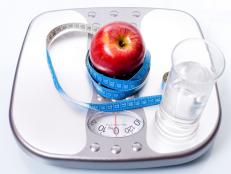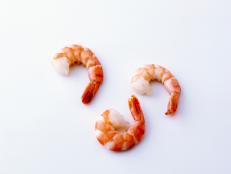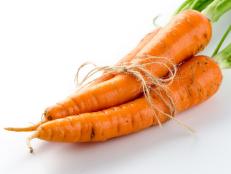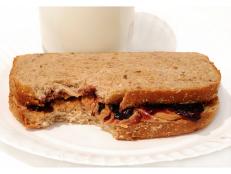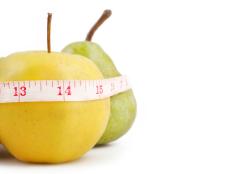Hangover Cures: Myths vs. Facts
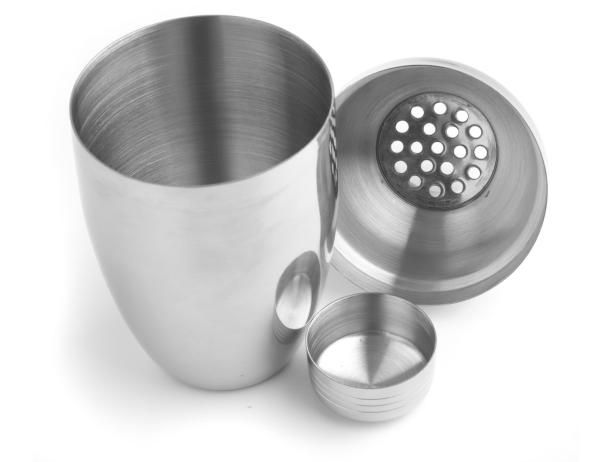
AaronAmat
Trying to avoid a post-celebration headache come New Year's Day? Find out if your go-to cure is helpful -- or just hype.
Fact: While putting down the booze and having something to eat can help soothe a queasy stomach, hitting up the 24-hour drive-through or local diner isn't exactly mandatory. In fact, a super-heavy meal may make your stomach feel even worse (hello, heartburn!).
Fact: Curbing a headache with a little "hair of the dog" may temporarily make you feel like a human again, but there will be a price to pay when it wears off. Drinking non-alcoholic beverages is a good idea, especially since hydration is the key to kissing that hangover bye-bye.
Fact: It may make some people feel better about themselves to suck down a few vitamins to ward off the hangover blues, but that's about all it's good for. Vitamins B6 and B12 or a combo of various B vitamins (aka B-complex vitamins) are rumored to help, but there's a lack of reliable evidence to prove it. Supplement enthusiasts should also be cautioned that vitamin B-6 can be toxic in large doses.
Fact: By the time you're feeling up to exercising, the alcohol has been metabolized -- there's nothing left to sweat out. Keep in mind that alcohol is a diuretic, so drinking fluids is important, especially if you manage to hit the gym.
Fact: There are countless bottled hangover cure-alls, many of which contain milk thistle, an herb used as a home remedy for everything from heartburn to liver disease. Unfortunately, there's no such thing as an anti-hangover pill. There's no evidence that milk thistle helps with hangover symptoms or protects the liver, but the herb can cause unpleasant stomach-related side effects and may also negatively interact with certain medications.
Dana Angelo White, MS, RD, ATC, is a registered dietitian, certified athletic trainer and owner of Dana White Nutrition, Inc., which specializes in culinary and sports nutrition. See Dana's full bio »


























